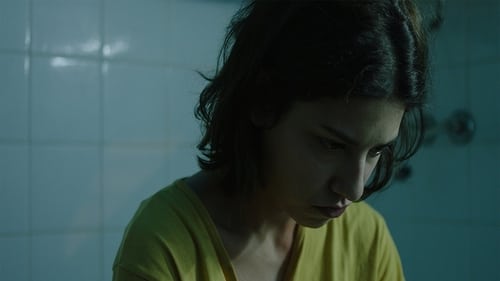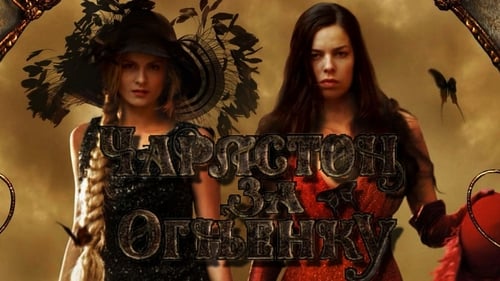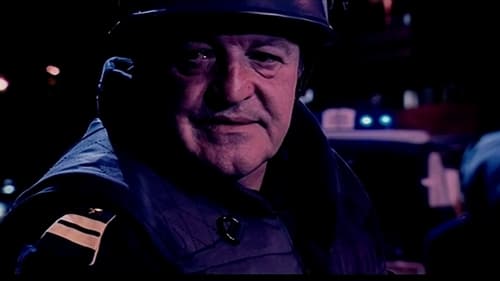
Some time ago, Mima had a car accident and a man died. She has almost managed to forget about it when someone starts sending her birthday cards perfumed with a man's fragrance.

Zamna
Первая мировая война закончилась, в Сербии катастрофически не хватает мужчин. Женщины в каждой деревне превращаются в остервеневшие банды, которые охраняют своих выживших стариков и калек с оружием в руках, но одновременно нещадно их сексуально эксплуатируют. Кроме того в местном баре есть и ещё одно средство воспоминания о мужчинах: паучья настойка на спирту. Выпить её – и являются погибшие мужчины деревни. В деревне, о которой идёт речь, есть и ещё одна проблема: один из местных, вернувшись с войны, сошёл с ума и заминировал виноградник, который кормит всю деревню. Каждый день женщины тащат жребий, кому в этот раз идти собирать урожай. Сцены смерти, что характерно для всего балканского кино, обставлены с искромётным юмором и зрелищными аллегориями. В деревне живут две сестры – Мала Богиня и Огненка. Они хотят любви, и оправляются в трехдневное путешествие для поиска мужиков в другие деревни и города, их ждут мистические и любовные приключения

Ceca
After twelve years spent abroad, the main character returns to his native city, where he meets his old love, friends and parents again They spend four days together and after that nothing will be the same in their lives. TOMORROW MORNING is a love drama. It speaks of a deep passion, sensuality, tenderness, jealousy, possessiveness , infidelity -conflict between irrational and rational. But, above all, it speaks of a need to bring back time, to treasure the moment of happiness and togetherness, the time of great expectations, the moment that happens once and never returns. It speaks of self rediscovery.

Mlada Margita
Группа молодых людей оказалась в 2001 году запертой в платном туалете. Они начинают выяснять между собой отношения, но при этом у них на глазах начинают происходить страшные, кровавые события — кто-то убивает их одного за другим, вскрывает череп и подвешивает вниз головой, чтобы мозги стекали в ведро. Перед этим постоянно слышен крик ребенка. Оказывается, корни зла уходят в далекий 1958 год, когда на месте турецких бань образовалось место зла, затягивающее постепенно все общество.

Bojana
Yugoslavian filmmaker Goran Markovic directs the psychological drama The Cordon. Set in Belgrade over Easter weekend in 1997, the film involves a group of policemen who respond to the city's political turmoil. Due to the overthrow of Serbian leader Slobodan Milosevic, violence and protests have erupted all over the city. Patrolling the streets in a bus driven by Uros (Ratko Tankosic), the unit consists of Crni (Dragan Petrovic), Dule (Nikola Duricko), Kole (Nebojsa Milovanovic), and Seljak (Nenad Jezdic). They are led by commanding officer Dragon (Marko Nikolic), who isn't entirely sure what to do himself. Throughout their weekend-long shift, each man battles with his own personal problems as the political tension escalates. The Cordon won the top prize at the 2003 Montreal World Film Festival.




